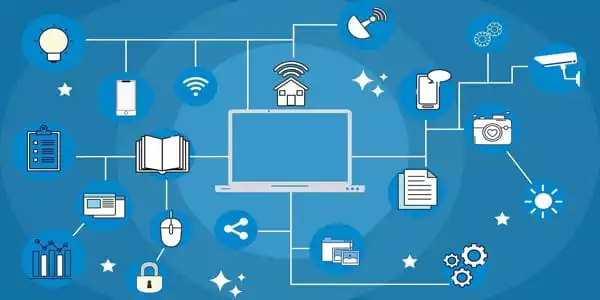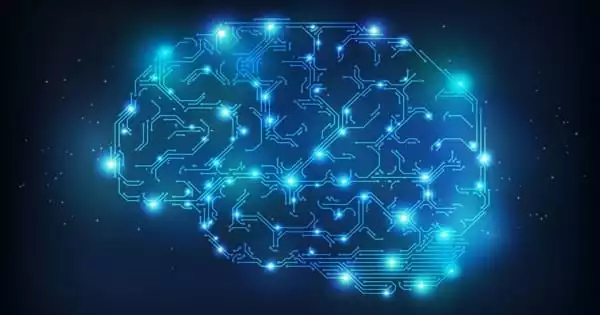The Internet of Things (IoT) connected technologies fuel the world we live in. IoT systems and gadgets are vital infrastructures—they serve as a platform for social interaction, fuel the marketplace, allow the government, and control the home. Their increasing pervasiveness and decision-making abilities have far-reaching consequences for civilization. When technology empowers humans and technology learn from experience, a new type of social contract is required, one that defines the roles and rules of interaction in a cyber-social environment.
The Internet of Things (IoT) is thoroughly integrated into our daily lives, a network of connected laptops, phones, automobiles, fitness trackers, and even smart toasters and refrigerators that are increasingly capable of making their own judgments. But how can we assure that these devices benefit us rather than exploit or endanger us? A new study conducted by Francine Berman of the University of Massachusetts Amherst presents a unique framework, the “impact universe,” that can assist policymakers in keeping the public interest in mind as they adopt ever-new digital technology.
“How can we ensure that technology works for us, rather than the other way around?” asks Berman, Stuart Rice Honorary Chair and Research Professor in UMass Amherst’s Manning College of Information and Computer Sciences (CICS). Berman, the primary author of a new paper published recently in the journal Patterns, and her co-authors propose the “impact universe” as a means for policymakers and others to think “holistically about the potential impacts of societal restrictions for systems and devices in the IoT.”
The actual world is complicated, and there are constantly competing priorities. Attacking this complexity head-on by considering the universe of potential technology impacts is vital if we want digital technologies to serve rather than overwhelm society.
Professor Francine Berman
One of the marvels of current digital technology is its ability to make decisions for us on its own. However, as Berman puts it, “technology necessitates parental oversight.”
These technologies provide enormous benefits while also posing potentially hazardous concerns. Smart medical gadgets can efficiently regulate insulin or monitor heartbeats, informing the user and medical professionals when a problem arises or before it occurs. However, without sufficient cybersecurity safeguards, smart medical equipment can be readily hacked, with potentially disastrous or fatal consequences. A lack of transparency and access to these data can be detrimental to the public’s interest. Individual, community and environmental protections must be promoted during the design, development, deployment, use, interaction, and disposal of IoT devices and systems through effective standards, rules, and regulations.

The impact universe is a method of sketching out all of the conflicting implications of a specific technology, taking into account environmental, social, economic, and other aspects in order to produce effective policy, law, and other societal restrictions. Instead of focusing on a single desirable goal, such as sustainability or profit, the impact universe enables us to see how some outcomes will come at the expense of others.
“The model replicates the messiness of real life and how we make decisions,” Berman adds, but it clarifies that messiness so that decision makers can evaluate and debate the tradeoffs and benefits of various social controls to regulate technology. The framework enables policymakers to be more deliberate in their policymaking and to focus more on the common good.
Berman is at the forefront of a new discipline known as public interest technology (PIT), and she is launching an effort at UMass Amherst that brings together university students and researchers whose work is aided by technology and focuses on social responsibility. PIT’s ultimate purpose is to foster the knowledge and critical thinking required to build a civilization capable of efficiently regulating the digital ecosystem that fuels our daily lives.
Emilia Cabrera, Ali Jebari, and Wassim Marrakchi, Berman’s co-authors, were Harvard undergraduates who worked on the research with her during her Radcliffe Fellowship at Harvard. The fellowship provided Berman with the opportunity to collaborate broadly with a heterogeneous collection of researchers and thinkers, as well as to realize the need of planning, implementing, and framing social rules to ensure that technology supports the public good.
“The actual world is complicated, and there are constantly competing priorities,” Berman says. “Attacking this complexity head-on by considering the universe of potential technology impacts is vital if we want digital technologies to serve rather than overwhelm society.”





